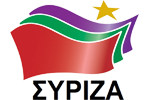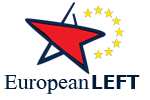Water is public good, not a commodity!
- Published on Thursday, 27 March 2014 11:12
“Water is a public good, not a commodity!” This is the slogan used by European citizens to demonstrate their resolve to oppose the privatization of water and demand that water be designated as a good that cannot be sold off.
In a statement addressing access to clean water and sanitation, Alexis Tsipras stressed, “the European Left supports the Right2Water initiative. Water is the most important prerequisite for human life. Access to clean water and sanitary conditions are of crucial importance for human life and health. This is why access to water constitutes a fundamental human right … and human rights are not negotiable; they cannot be turned into commodities. Water services cannot be deregulated.” Tsipras further pledged his commitment, stating that if elected President of the European Commission, he will put legislation in place that will keep water safe from privatization initiatives.
On February 17, 2014, “Right2Water,” the European Citizens’ Initiative fighting for the recognition of access to clean drinking water and sanitation as a human right, presented a petition to the European Commission signed by almost two million people (1,857,605) from 13 EU member-states, demanding that water management services should remain public and not be privatized. Although the European Parliament initially attempted to ignore the initiative, the massive response to Right2Water’s call forced the European Commission to respond, admitting that water is indeed a human right.
An investigative report by the German public broadcaster, “Monitor,” exposed documents indicating that a decision had been made to “open the market” for water in Southern European where anticipated profits are in the hundreds of billions of euros. Research shows that privatization of water services results in skyrocketing prices [see, e.g., the Economic and Social Council of Greece, “OKE”]. For example, in Pacos de Ferreira in Portugal, the price of water increased by 400% over the course of several years, a trend that continues at a rate of 6% annually. Moreover, privatized services are characterized by cartels, corruption, lack of accountability, specious economic benefits and low efficiency.
In July 2012, “save greek water,” the Greek campaign against the privatization of water and its designation as a public good that all should have a right to access, launched a campaign to inform the public and create a network of organizations and individuals against the privatization of water, and specifically that of the Thessaloniki Water Supply and Sewerage Company [EYATh].
SYRIZA has taken a firm stance on these matters, backing both the “save greek water” campaign and the grassroots initiative, “SOS-Save the Water,” as well as demanding a referendum. In a speech in Thessaloniki in June 2013, Alexis Tsipras categorically opposed the attempts to declassify water as a public good and the privatization of EYATh. He stated, “Water is not a commodity. We should hold a referendum to save it—we are the 99 %. Water is an inalienable public good. All citizens should have access to it. Water is a social good; it is a right. The fight to save the water and to stop neoliberal barbarism is a fight for democracy”.
SYRIZA MEP Nikos Chountis has supported these efforts, repeatedly raising the issue of water privatization in the European Parliament and asking Commissioner Olli Rehn to release information on “the large multinational water monopolies seeking to buy the [water] networks.” Mr. Chountis’ persistance resulted in Mr. Rehn exposing the Greek government: Mr. Rehn stressed that “Greece’s decision to divest EYDAP (Athens Water Supply and Sewerage Company) and EYATh” is a decision that is theirs to make and not an obligation dictated by Europe.




